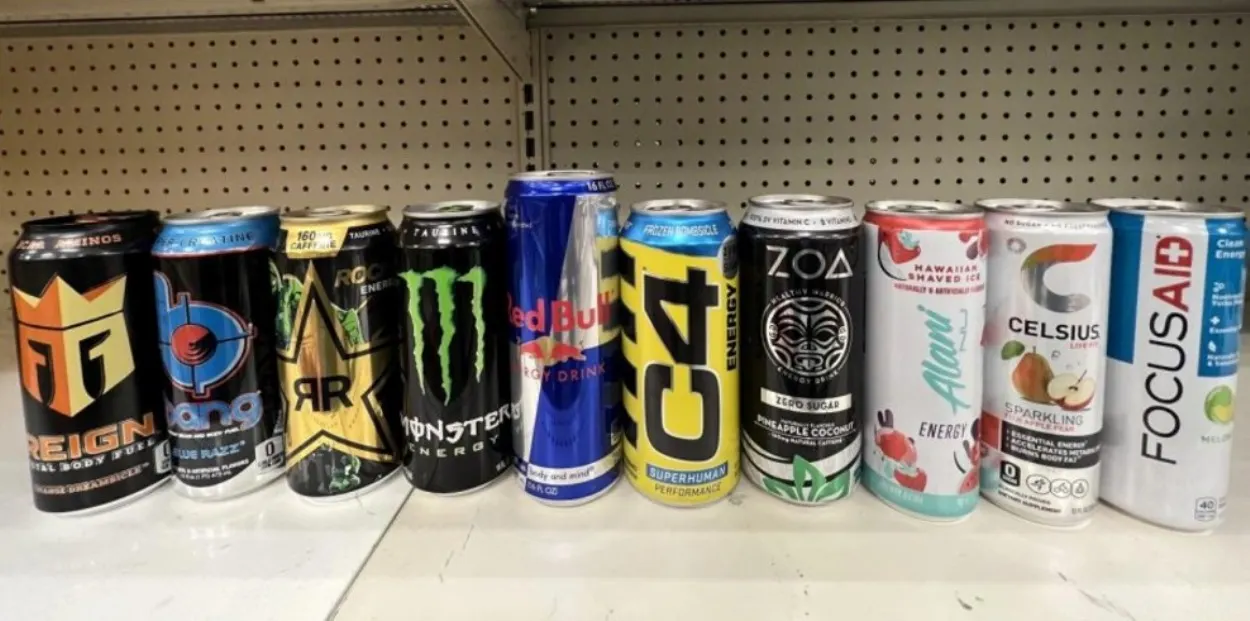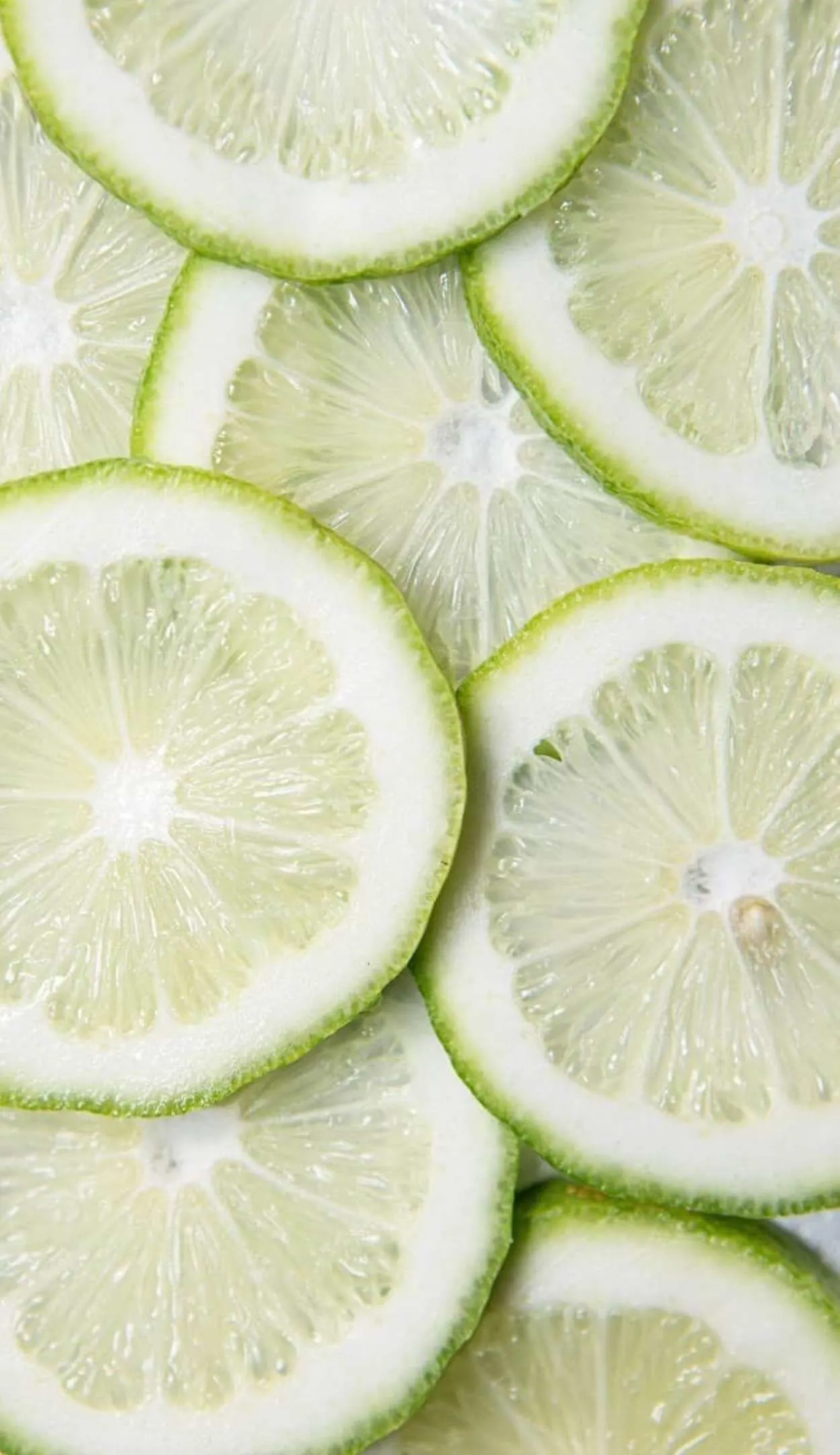All age groups of individuals, particularly teenagers, consume a variety of energy drinks that are available on the market. Energy drinks include citric acid, a preservative that improves the flavor and shelf life of the beverage but is also particularly effective at eroding dental enamel.
Energy drinks have seen a huge increase in popularity over the past several years. Numerous recently introduced energy drinks with citric acid. These energy drinks can be taken before workouts, but many people also drink them when they need a boost of energy.
One of the ingredients that are currently utilized most frequently in the food sector is citric acid. From hummus to potato chips to energy drinks, you can find it listed as an ingredient in all of them.
This article will help you to know more about energy drinks without citric acid!
Page Contents
What Is Citric Acid?
A substance called citric acid was first created from lemon juice. It’s created today using a particular mold type and has a number of uses.
A Swedish scientist discovered citrus acid from lemon juice in 1784.
Prior to the discovery that the black mold Aspergillus Niger, which produces citric acid when it feeds on sugar, may also be used to manufacture the flavorless and colorless substance in the early 1900s, the compound was only known to be made from lemon juice.
The main naturally occurring sources of citric acid are citrus fruits like lemons, limes, and other citrus fruits. Although in considerably smaller amounts, it is also present in some tomatoes, berries, and cherries.
Citric acid is a useful ingredient for a variety of products, including food, drinks, pharmaceuticals, dietary supplements, cleaning supplies, and disinfectants. Citric acid is mostly employed as a flavoring and preservative because of its acidic, sour taste, especially in soft drinks and candies. Additionally, it is employed as a disinfectant and to stabilize or preserve medications.
Energy Drinks Having Citric Acid

Citric acid is a common ingredient in energy drinks that not only increases flavor but also the shelf life of the beverage.
Numerous energy drinks with a fruit motif contain citric acid because it may be found in fruits including pineapple, oranges, and apples. This is actually what gives the beverage its sour flavor.
Here is the list of energy drinks that contain citric acid:
- Red bull Energy Drink
- Ace Energy
- AMP Energy
- Bawls Energy
- BPM Energy
- Energy Gummy Bears
Why Is Citric Acid Used In Energy Drinks?
Citric acid is a frequent chemical that appears in most energy drinks on the market in significant amounts. Citric acid is a preservative that helps extend shelf life and enhance flavor, but it is also very bad for your teeth.
Citric acid, as opposed to sugar, which encourages bacterial growth, directly attacks the teeth and dissolves the enamel. Damaged or thinning enamel makes teeth more vulnerable to decay, gum disease, and cavities.
Although it is typically added to foods to preserve them, it can also be used to impart a sour or tangy flavor. Citric acid is a more natural way to increase a product’s shelf life than the majority of commercial preservatives, which actually kill germs.
Citric acid works by bringing the pH down to a level where bacteria cannot survive. Citric acid is frequently used with other procedures, such as pasteurized, to make a product “shelf-stable” (meaning it does not need to be refrigerated).
You probably immediately think of foods and beverages when you think of citric acid, but did you know that it is also used in pharmaceutical and cosmetic products?
Adding citric acid to cosmetics has many benefits, including thickening gels and creams and maintaining a desirable pH level. Even medicines have it added to make the flavor more appealing.
Is It Safe To Consume Citric Acid Via Energy Drinks?

The FDA (Food and Drug Authority) has deemed manufactured citric acid to be generally recognized as safe (GRAS).
There is no scientific research examining the security of synthetic citric acid when ingested in big quantities over an extended length of time. Nevertheless, the addition has been linked to complaints of illness and allergic responses.
According to one study, four people who consumed foods with artificial citric acid had shortness of breath, muscle and stomach pain, and joint pain with swelling and stiffness. The same symptoms were not present in those who consumed the acid in its natural forms, such as lemons and limes.
The study found that they couldn’t verify that the produced citric acid was the cause of those symptoms, but they did suggest that further research be done on its use in foods and beverages.
In every case, the researchers hypothesized that the symptoms were probably caused more by the mold employed to make the citric acid than by the substance itself.
Following are the pros and cons of citric acid:
| Pros Of Citric Acid | Cons Of Citric Acid |
| able to improve skin health | Skin May Be Irritated |
| Could aid in preventing kidney stones | Frequently Containing GMO Ingredient |
| Has Acidifying Properties | Could Make Digestive Pains Worse |
| Anti-Inflammatory and Antioxidant Effects Could Be Possible | Could Be Related to Reactions to Mold |
Is Citric Acid Allergic-Causing?
Citric acid allergies are not well known. However, after drinking produced citric acid, some people have complained of experiencing symptoms like joint pain and swelling as well as gastrointestinal problems.
According to reports, these symptoms disappeared after drinking citrus fruit-derived citric acid. The authors of this short study were unable to conclusively state that the symptoms people were experiencing were caused by the produced citric acid, although they did advise more research into the connection.
Non-Citric Drink
Citric acid is a common addition that can be found in many soft drinks, energy drinks, juice drinks, and the majority of fruits and vegetables. Since citric acid is present in most fruits, it is challenging to find natural fruit juices that are citric acid-free. Citric acid is frequently utilized in beverages since it is used for both flavor and preservation. It is certain energy drinks’ second ingredient after water, according to Toxicology Reports.
There are certain drinks sans citric acid available for those who might be sensitive to citrus or acidity. Reading nutrition labels prior to purchasing or ingesting drinks is the simplest approach to double-check as there are typically more drinks with citric acid than without.
Water
Since pure water has a pH of 7, it does not contain citric acid. It’s a different story with flavored or tonic water, though, as citric acid is probably added after the flavors are. It can be challenging to get water flavoring without citric acid. The safest option is plain water, and water consumption should be a regular element of a healthy lifestyle because it’s essential for maintaining good bodily functioning.
Soda
Citric acid is a common flavor in sodas, and its acidity has been related to tooth attrition. But because root beer is typically not carbonated, it lacks phosphoric or citric acids. Therefore, root beer is probably your best option if you’re seeking a soda without citric acid; just make sure to read the labels first.
Green Tea
Green teas typically have an alkaline pH and lack citric acid. It is safer to prefer natural, unflavored green tea over flavored green teas, which may include additional citric acid (such as fruit-flavored teas). Green tea has antioxidant characteristics that can lower the risk of cancer, diabetes, and cardiovascular disease, according to a 2013 Current Pharmaceutical Design study.
Conclusion
- Citrus fruits contain natural citric acid, but man-made varieties are also frequently added to foods, medications, vitamins, and cleaning products.
- Synthetic versions of citric acid are made from a particular type of mold.
- It is used in energy drinks as well to increase shelf life and enhance flavors.
- There are many energy drinks that contain citric acid.
- Citric acid is generally regarded as safe, while mold remnants from the manufacturing process may occasionally cause allergies.
